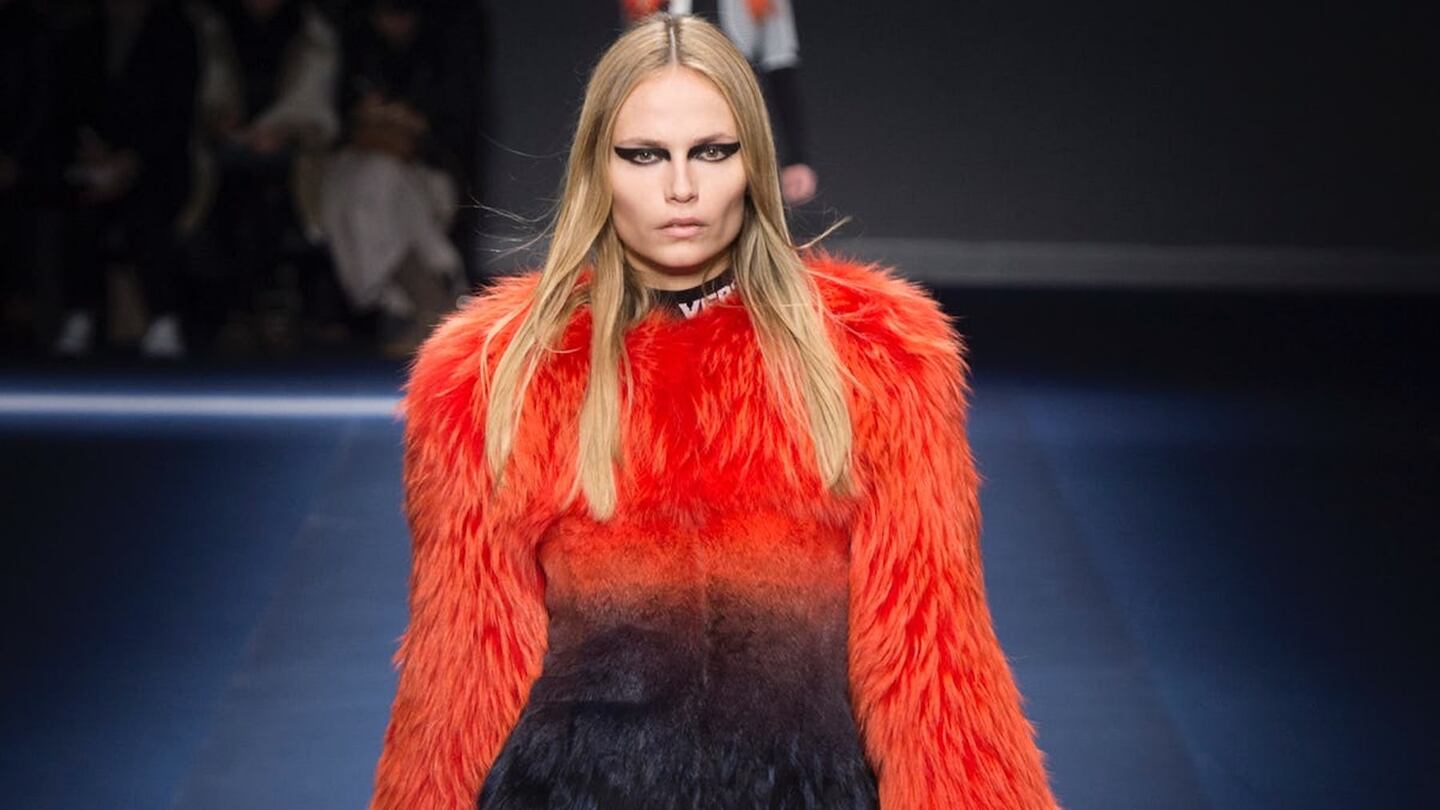
The Business of Fashion
Agenda-setting intelligence, analysis and advice for the global fashion community.

Agenda-setting intelligence, analysis and advice for the global fashion community.

MILAN, Italy — Italian fashion house Versace and handbag and accessories maker Furla said they would stop using real fur in their creations, joining a growing list of luxury labels turning their backs on the fur industry.
Fashion houses around the world are bowing to pressure and using alternatives to real fur amid pressure from animal rights groups and changing tastes of younger customers, who are increasingly aware of the environmental issues linked with the clothes they buy.
Donatella Versace, the artistic director and vice-president of Versace, said that she did not want to kill animals to make fashion and that "it doesn't feel right," speaking in an interview with The Economist's 1843 magazine on Wednesday.
People for the Ethical Treatment of Animals' (PETA) Senior Vice President Dan Mathews said in an emailed statement that it was "a major turning point in the campaign for compassionate fashion," adding that he looked forward to seeing a "leather-free Versace next."
ADVERTISEMENT
The animal rights group recently campaigned at the Pyeongchang Winter games for an end to the fur trade.
Furla on Thursday committed to replacing all fur with faux-fur for both menswear and womenswear starting from its Cruise 2019 collection.
Italian fashion group Gucci, part of Paris-based luxury conglomerate Kering, said in October it would stop using fur in its designs from its Spring/Summer 2018 collection, joining Armani, Hugo Boss, Tommy Hilfiger, Calvin Klein and multi-brand online luxury retailer Yoox Net-A-Porter.
British designer Stella McCartney has long followed a so-called "vegetarian" philosophy, shunning not only fur, but also leather and feathers.
However, not all executives agree with this decision. "I am very disappointed to hear that Versace has said they won't use real fur in collections," said the International Fur Federation's chief executive Mark Oaten, arguing that "the majority of top designers will continue to work with fur, as they know it is a natural product that is produced responsibly. I truly believe fur is the natural and responsible choice for designers and consumers."
By Giulia Segreti; additional reporting by Sarah White; editor: Elaine Hardcastle.
Related Articles:
[ Gucci Bans Fur: ‘It’s Not Modern’Opens in new window ]
[ Michael Kors Commits to Going Fur-Free in 2018Opens in new window ]
[ The Great Fur DebateOpens in new window ]
[ Will Millennials Boost the Fur Trade?Opens in new window ]
From analysis of the global fashion and beauty industries to career and personal advice, BoF’s founder and CEO, Imran Amed, will be answering your questions on Sunday, February 18, 2024 during London Fashion Week.
The State of Fashion 2024 breaks down the 10 themes that will define the industry in the year ahead.
Imran Amed reviews the most important fashion stories of the year and shares his predictions on what this means for the industry in 2024.
After three days of inspiring talks, guests closed out BoF’s gathering for big thinkers with a black tie gala followed by an intimate performance from Rita Ora — guest starring Billy Porter.